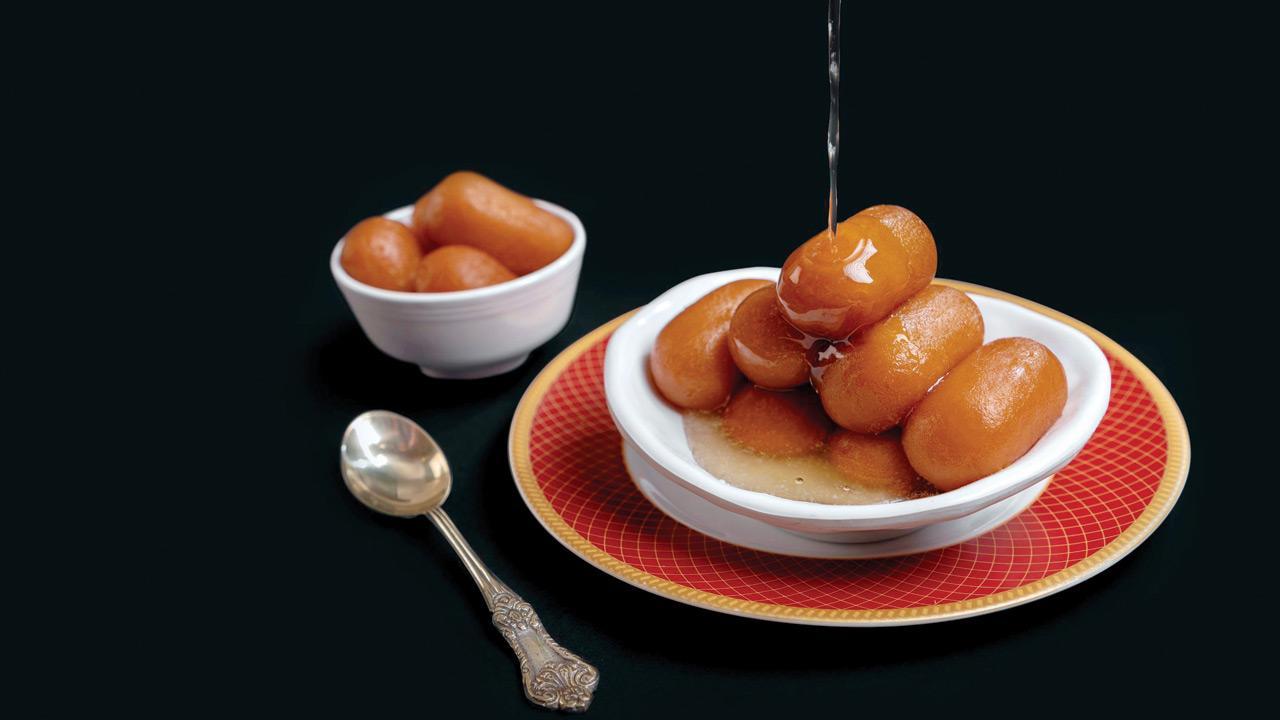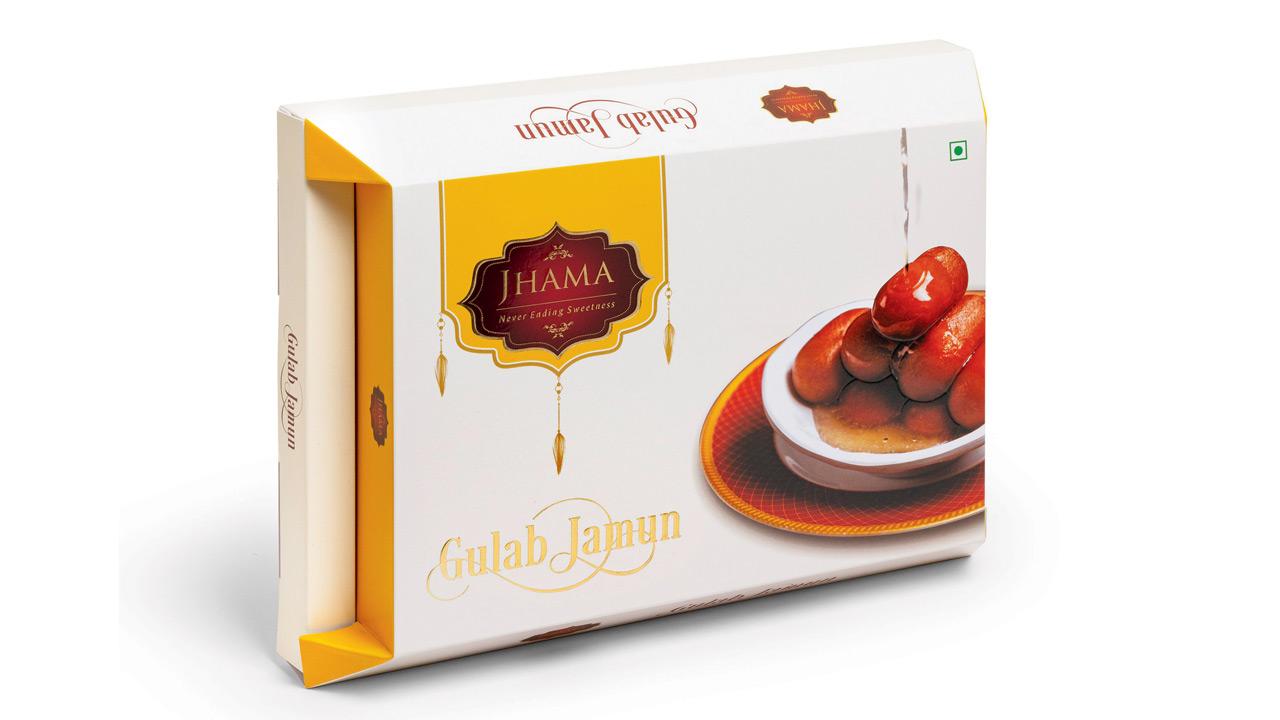One of Mumbai’s oldest and fondest sweet shops has imported a packaging technique from Germany to ensure the sweets arrive at their destination with flavours intact

Not replacing mawa with maida is what prevents their gulab jamun from having a hard, rubbery texture
As a Mumbaikar, it’s is likely that you’ve sampled Jhama’s mithai at some point in your life. The 60-year-old, family-run sweet shop with a home in Chembur Camp is known for its traditional, melt-in-the-mouth gulab jamun and sev-barfi.
ADVERTISEMENT
The brand, launched in 1948 by Jhamamal Lulla, a post-Partition refugee, recently pivoted to online deliveries by launching a website that acts as an online store. It’s what the family’s young business minds wanted to explore given the COVID-accelerated migration to digital. Through their website, they are now delivering pan-India and “on special requests we are also delivering internationally but that is not on our website yet,” says Rishay Lulla,Lulla, the family’s third generation entrepreneur helming the business.

While hardy baked goods have the potential to survive deliveries, mithai poses a challenge—it’s perishable and does not travel well. This explains why the category has been generally resistant to moving sales online. To circumvent the problem, Jhama Sweets imported a packaging machine from Germany, which uses MAP (Modified Atmospheric Packaging). The technology, says Lulla, almost doubles the shelf-life of any product. “The usual sev barfi, which lasts around four days, can stay for up to 10-15 days when packaged using MAP.” This, he adds, gives the sweets an edge over regular, store-brought sweets when it comes to freshness and taste. “Now, we are able to modify the atmosphere in a way that there is nitrogen and CO2 inside the packaging and it is sealed. The atmosphere within prevents the mithai from perishing as fast as it usually would, because most of it is milk and mawa—both have a low shelf life.”

Rishay Lulla, the third generation entrepreneur helming the business
Lulla says they have resolutely stayed away from replacing mawa with maida over the years. “This is what prevents our gulab jamus from having a hard, rubbery texture.” According to him, customers have grown more conscious about what they are consuming. “At the end of the day, they know they are consuming sugar, but they don’t know about the preservatives that make it to all canned sweets.”
The mithai industry, too, is changing. Startups are trying to modernise mithai by giving it a “fusion” twist. In the same vein, Jhama has segued into selling assorted chocolates, but insist they won’t stray far from their roots.
 Subscribe today by clicking the link and stay updated with the latest news!" Click here!
Subscribe today by clicking the link and stay updated with the latest news!" Click here!







